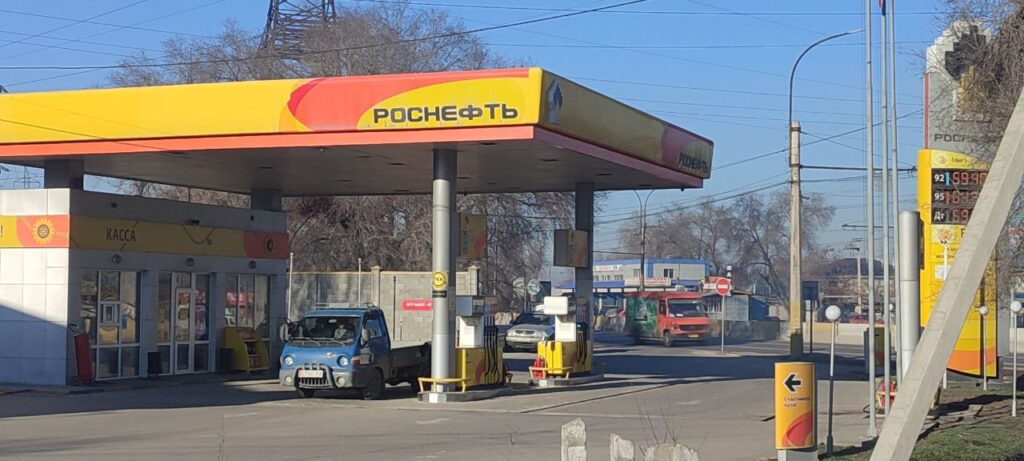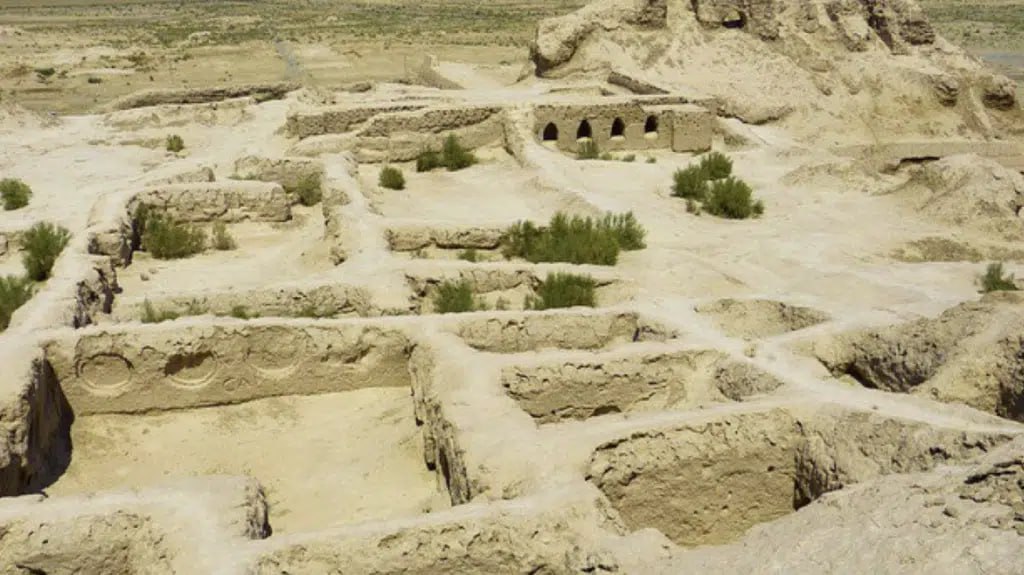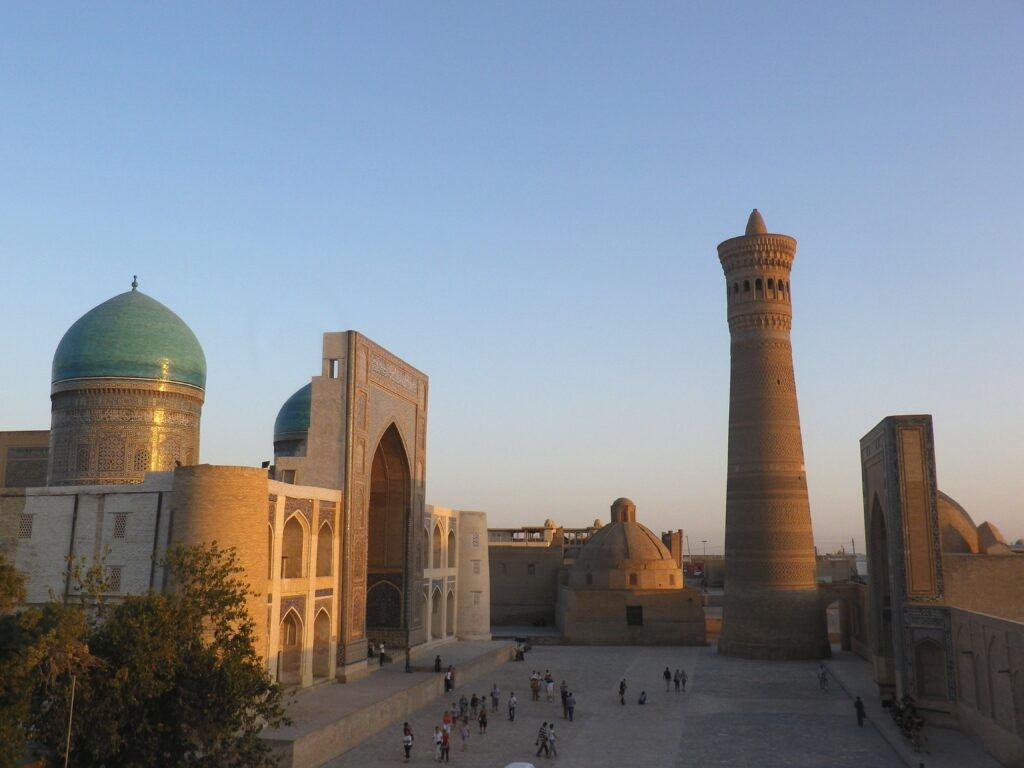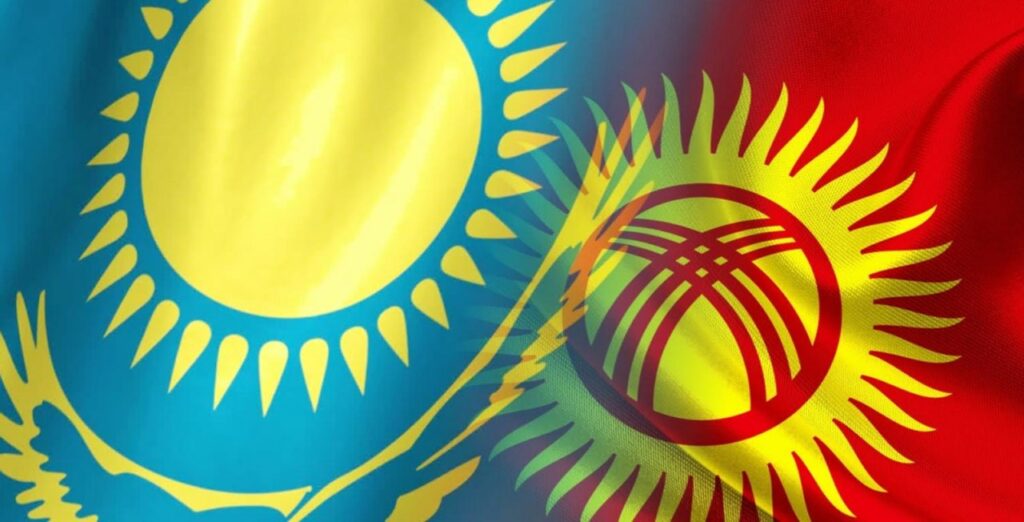Kyrgyz Fuel Rules Set to Raise Prices Amid Fight With Black Market
As part of the fight against the shadow gasoline market, the Kyrgyz authorities plan to introduce a rule that all gas stations in the country must label fuel from June 1 this year. The plan meant is to tighten control over the production, movement, storage, shipment and sale of motor fuels, and the initiator of the innovation is the tax service. The draft law was approved by the Ministry of Economy of Kyrgyzstan; the document is undergoing public hearings. According to the bill, from June 1, all gas stations in the country will be required to sell only labeled fuel. There will be an exception only for fuels and lubricants produced in Kyrgyzstan and exported. The requirement will be for vendors to add a small amount of a special molecular marker to each batch of fuel. The tax service said that such a marker cannot be faked and cannot be washed off or altered in any way. Once the law comes into force, tax officials plan to create a mobile laboratory that will travel around the country and check gasoline at gas stations. "Tax officials in any corner of the country will be able to check the legality of movement and sale of fuel and lubricants, and apply sanctions measures if necessary," the Kyrgyz tax service stated. Fuel markers will make it possible to determine the origin of gasoline and prevent the mixing of different brands of fuel. Tax officials said some gas stations currently mix various additives to gasoline to artificially increase its octane number or dilute the fuel to increase its volume. This isn't the first time the authorities have tried to introduce fuel-labeling in Kyrgyzstan, Kanat Eshatov, president of the republic's Association of Oil Traders commented, explaining that gas station owners include the cost of these substances in their pricing. This means that for the average consumer, gasoline will become more expensive. "So far we do not know how much such labeling will cost. We count gasoline by tons. So we will have to buy a certain amount of this substance per ton, and this amount will fall on the shoulders of the consumer," Eshatov explained to the Times of Central Asia. In their justification for the bill, Kyrgyz Economy Ministry officials said the country's fuel and lubricants trade has a high shadow, or unregulated market component. The shadow market of gasoline continues to grow. For example, on the bypass road near Bishkek, which runs along the border with Kazakhstan, one can find a dozen illegal sellers of gasoline, which they sell in plastic bottles. Gasoline is smuggled into Kyrgyzstan from neighboring republics. According to the Kyrgyz Tax Service, in 2023 the agency seized almost six times as much illegal fuel as in 2022 - 19,600 liters versus 3,400 liters in 2022. Legal gas stations sometimes also sell smuggled gasoline. With the introduction of labeling, this practice will stop, the tax service said.








